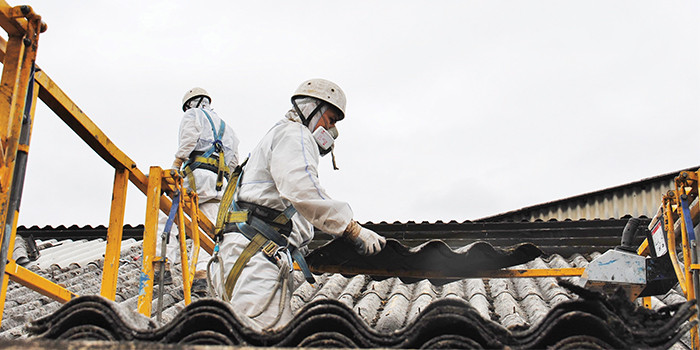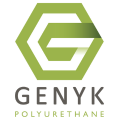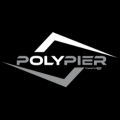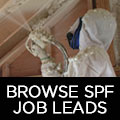Legislative Challenges for Spray Foam
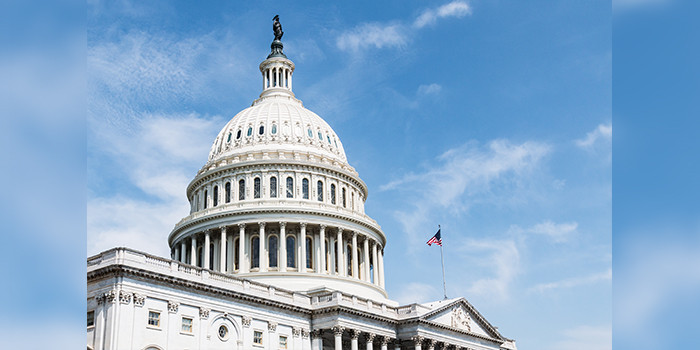

Spray Foam Magazine – Late Summer 2021 – Scrutiny of the spray foam industry is nothing new. One reason for this scrutiny is that spray foam is a disruptive technology to more traditional materials and therefore requires a change in mindset for code authorities, builders, and consumers. Another key reason for the scrutiny is that spray foam requires professional installation and training for material safety and handling as chemicals are typically applied into residential or other high occupancy intended spaces. This level of scrutiny is tracked regularly by our industry trade organizations and the following are a few of the current issues being watched today.
The state of Illinois recently presented a 905-page energy bill providing state assisted funding for qualified projects. The funding is specifically targeted at weatherization to enhancing energy efficiency. Language in the document specifies that no insulation containing “sensitizers” may be used in the weatherization state assisted program. The term “sensitization” is a reference to chemical sensitization, likely referring to isocyanates. Additionally, the bill specifies “prevailing wages,” giving advantage to unions, yet challenges for smaller, non-union and / or rural contractors. These are a few of the examples of challenging language in the 905-page document, but be assured, there is more. Fortunately, the states push to pass this program stalled and will not be voted on until sometime this summer giving the industry a chance to intervene, but the outcome is critical to our industry’s future. It is also important to be aware that this type of language is common among state assisted weatherization programs and must be watched carefully on a state-by-state basis.
The State of Maine is currently on a path to ban PFAS substances. If the legislation is signed by Governor Mills, products containing Perfluoroalkyl and polyfluoroalkyl, or PFAS, will need to be reported to state environmental agencies after the state legislatures voted unanimously on this issue. Common use of the products includes carpeting and fabric treatments and non-stick cookware. There is concern that closed-cell spray foam blowing agents may also be targeted as containing PFAS and become restricted from use in the state leading to a potential ban on closed-cell spray foams in the state of Maine.
It is not uncommon to see legislative challenges, especially those perceived to focus on safety, get carried from one state to other states. We often think about California and New York as the likely seed to many of these occurrences in the past. Now Maine, Massachusetts and Illinois should be added to that watch list. The SPFA and SFC, under the respective leadership of Rick Duncan and Stephen Wieroniey, are carefully tracking these issues. SPFA recently assembled a Government Affairs Committee to enhance the focus on these and other likely future issues. Visit their websites to learn more on these issues and guidance on how you can help.
Disqus website name not provided.





